Table of contents of the article
ToggleThe black olive scale is a pest that affects olive trees, as it feeds on the plant's sap, causing poor growth. This article from the “WORLD OF PLANTS” website reviews how to prevent and control.
Symptoms of Black olive scale
- Scientific name Saisaita oleae
- the family : Homoptera
The presence of an insect or its scales on all parts of the plant, and the presence of honeydew secretions that lead to the weakening of the tree as a result of the sucking of its juice by the insect and its nymphs.
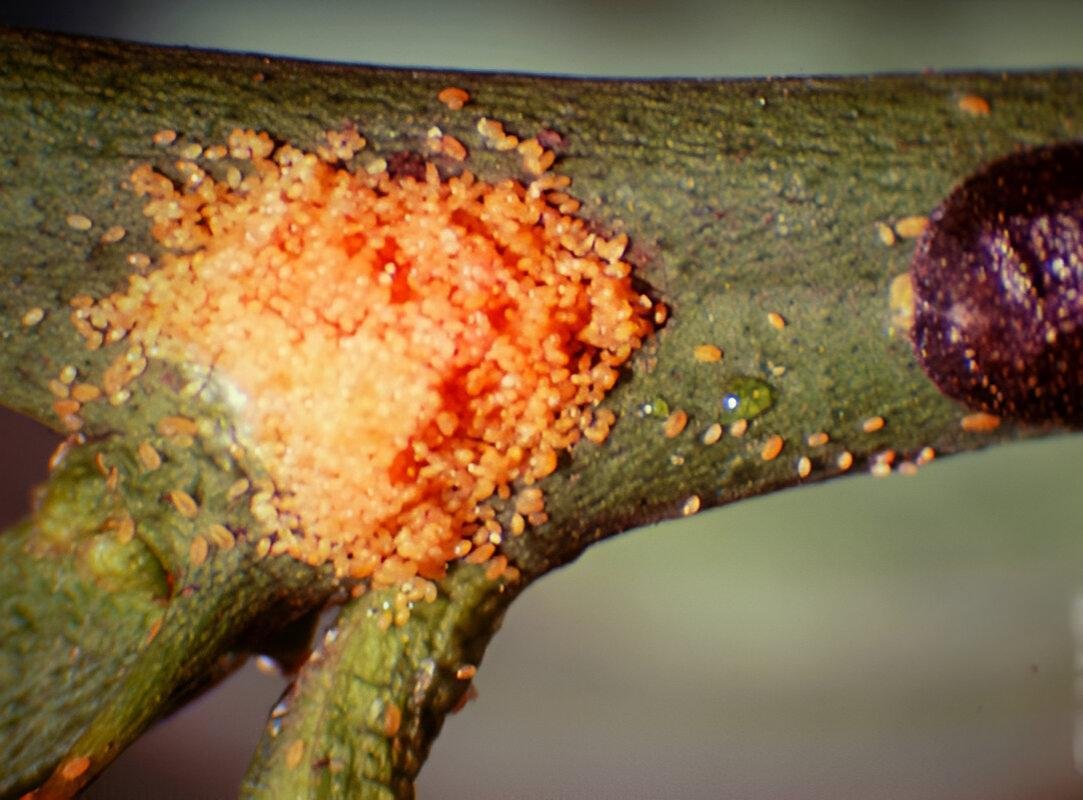
Description of Black olive scale
The insect is covered with a shell with a diameter of up to (5 mm). Its general color is dark brown to black. On the body there are two high parallel lines connected by a transverse hump.
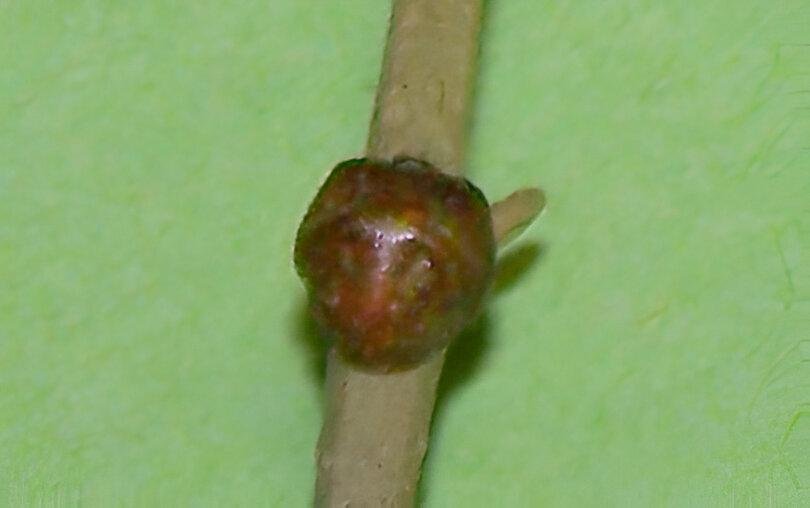
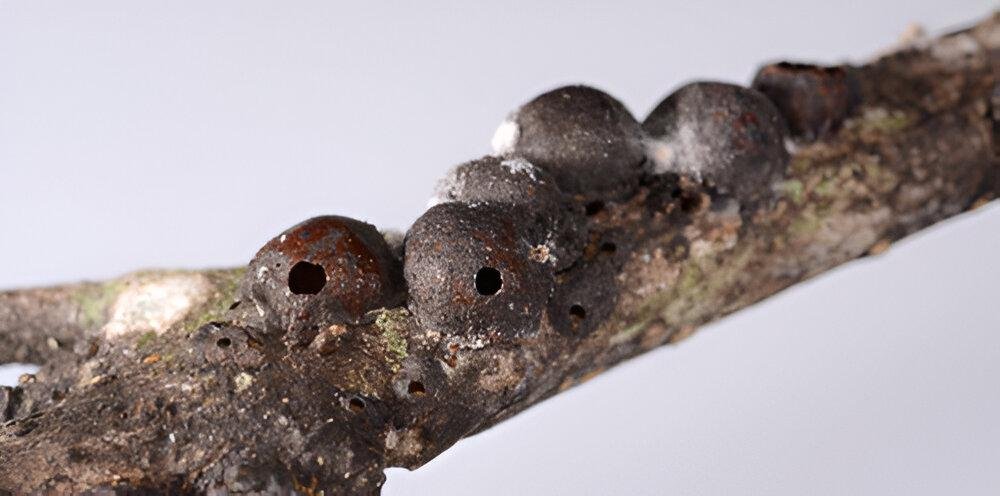
Causes of Black olive scale
- Climatic conditions and frequent use of chemicals.
Suitable conditions for the spread of Black olive scale
- Mild conditions with high humidity and a prolonged period of this type of weather can lead to outbreaks
- Prefers trees with dense branching, especially when trees are planted close together.
- Disturbances in the insect community and decline in beneficial insects due to the extensive use of non-selective pesticides to combat the olive fruit fly
Black olive scale development cycle
- Female blackscales lay eggs from April to September and, like other species in the genus Cysetia, protect them under the body until they hatch. Each female can lay from a few hundred to more than 2,500 eggs. The incubation time for eggs varies due to temperature. Eggs are laid in summer and hatch within 16 days, and eggs in winter take up to six weeks to hatch. The black scale usually has one or two generations per year, but three generations have been observed in certain areas. Reproduction is largely through parthenogenesis (a type of asexual reproduction in which eggs develop without fertilization), although males have been reported.
- The first nymphal stage, or immature stage, of scale insects is known as the crawler; this is one of the two mobile stages of the scale (the other being the winged adult male, if present). Upon hatching, the crawlers emerge onto the plant. Crawlers may settle on leaves, fruit, or small woody parts of the host plant. Once settled, they insert their mouthparts into the plant tissue and begin feeding. They undergo two stages before they mature into adults and move to the older, woody parts of the plant to feed. The body of the adult female blackscale continues to expand and eventually hardens to form a shell-like structure that serves to protect the eggs and nymphs.
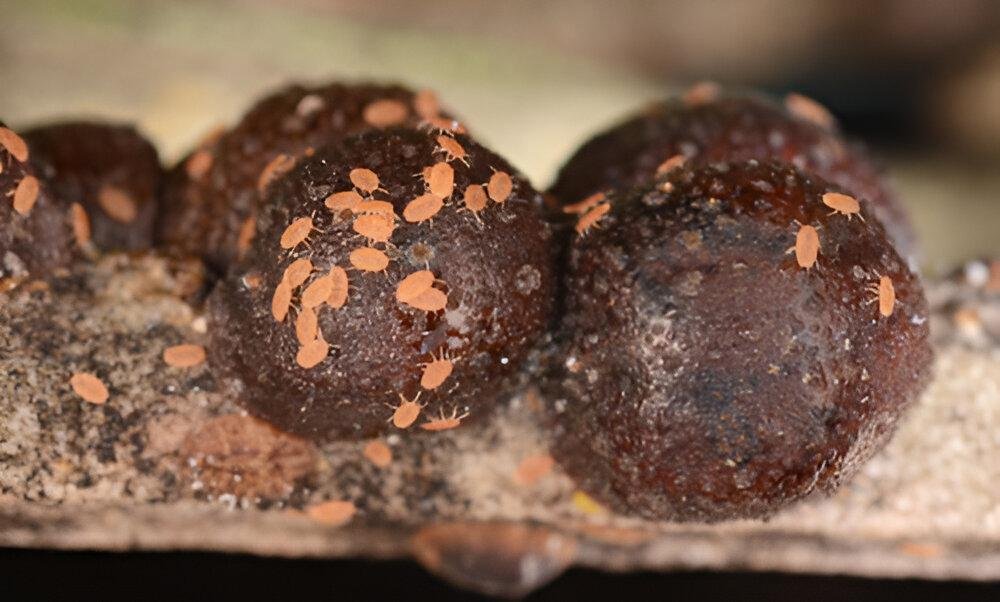
Black olive scale propagation losses
- When they feed, they secrete a sticky sugary substance that covers the leaves and fruits of the host plant or nearby surfaces, encouraging the growth of black mold. Although the mold is not toxic to plants or humans, it can cover the leaves, reducing the plant's ability to photosynthesize, and reducing From the market value of infected fruits and plants.
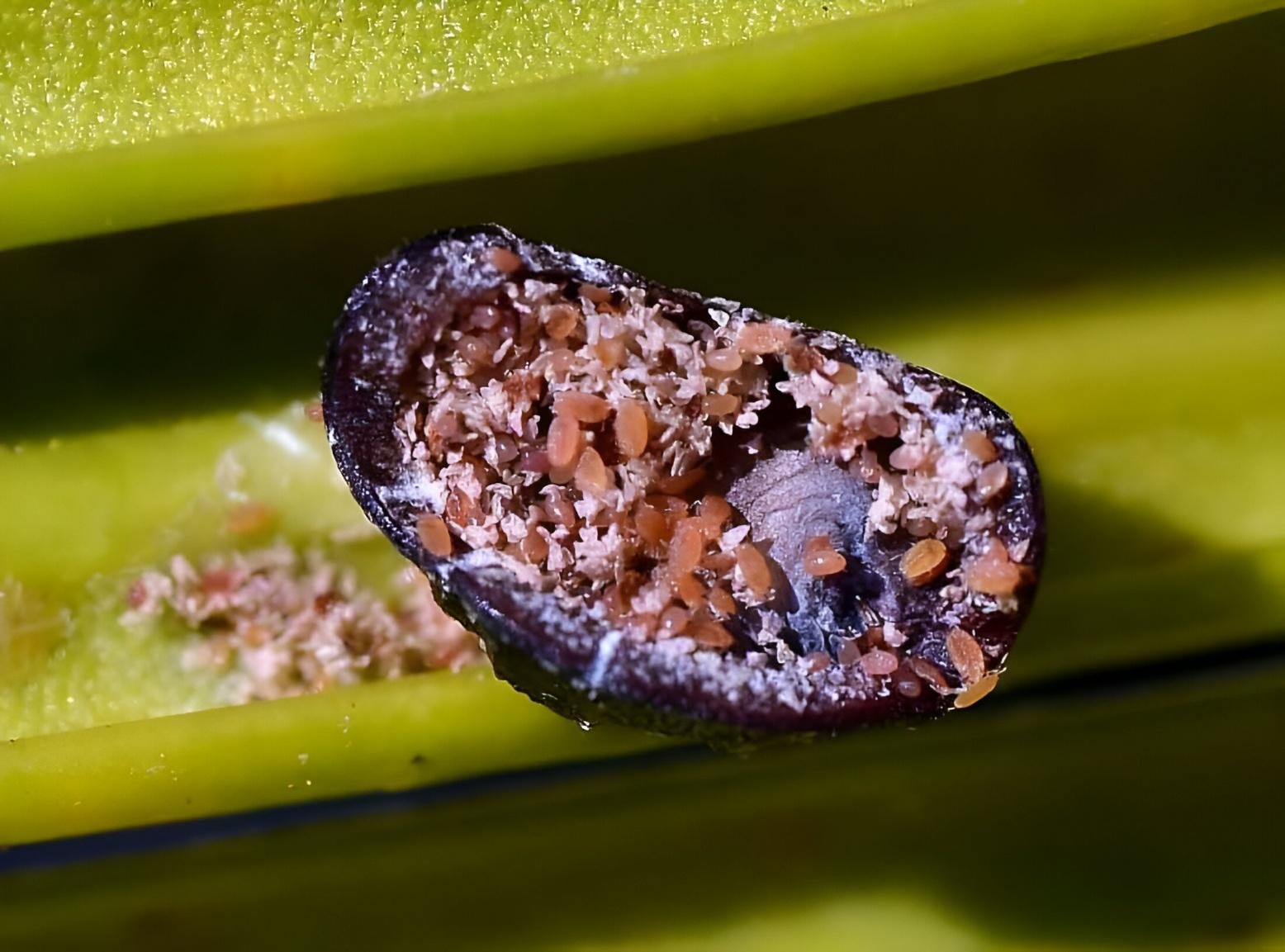
Olive black scab control strategy
Preventive measures to prevent the occurrence of black olive scab
- Periods of very hot or dry weather can reduce parasite numbers.
- Pruning is also helpful in reducing the numbers of infected trees.
Chemical and organic control recommendations for black olive scale
- Using parasitoids such as Metaphycus bartleti Annecke & Mynhardt (Hymenoptera: Encyrtidae)
- The best seasonal period to use insecticides to control S. oleae would be at the end of July, when populations are synchronized, all crawlers have already emerged, and the first instars are dominant.
- Spray light summer oils in August and September
- The best chemical pesticide: malathion.
In conclusion, we would like to note that we, at the world of plants website, offer you all the necessary services in the world of plants, we provide all farmers and those interested in plants with three main services::-
- Artificial intelligence consulting service to help you identify diseases that affect plants and how to deal with them.
- Blog about plants, plant diseases and care of various crops ... You are currently browsing one of her articles right now.
- An application that provides agricultural consultations to clients, as well as a service for imaging diseases and knowing their treatment for free – Click to download the Android version from Google Play Store، Click to download the IOS version from the Apple App Store.
References
- Argov, Y., and Y. Rössler. “Biological control of the Mediterranean black scale, Saissetia oleae (Hom.: Coccidae) in Israel.” Entomophaga 38 (1993): 89-100
- ARGOV, Y.; RÖSSLER, Y. Biological control of the Mediterranean black scale, Saissetia oleae (Hom.: Coccidae) in Israel. Entomophaga, 1993, 38: 89-100
- . Barzman MS, Daane KM. 2001. Host-handling behaviors in parasitoids of the black scale: A case for ant-mediated evolution. Journal of Animal Ecology 70: 237-247. DOI: 10.1046/j.1365-2656.2001.00483.x.
- Biological control of the mediterranean black scale,Saissetia oleae – springer nature
- Density and Structure of Saissetia oleae (Hemiptera: Coccidae) Populations on Citrus and Olives – Oxford University
- Saissetia oleae (Olivier, 1791) (Insecta: Hemiptera: Coccoidea: Coccidae) – University of Florida

